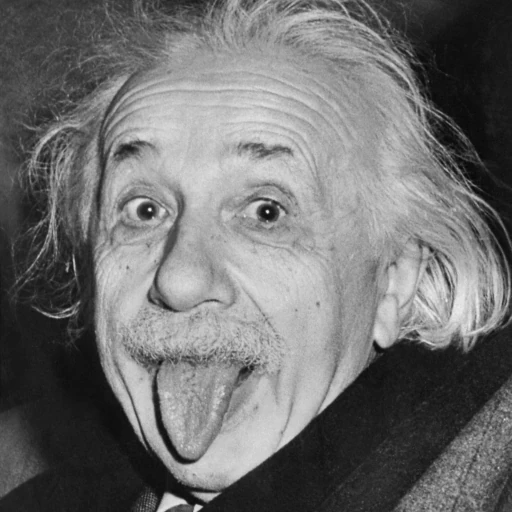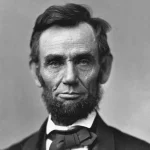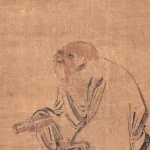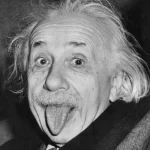“He who can no longer pause to wonder and stand rapt in awe, is as good as dead; his eyes are closed.”

- March 14, 1879 – April 18, 1955
- German-born Jew
- Physicist
- Revolutionized the world of physics by proposing the theory of relativity
Quote
“He who can no longer pause to wonder and stand rapt in awe, is as good as dead; his eyes are closed.”
Explanation
In this quote, Einstein highlights the essential role of wonder and curiosity in keeping the human spirit alive. For him, the ability to marvel at the world and feel awe for its mysteries is fundamental to a meaningful existence. Losing this sense of wonder, he suggests, is akin to losing a part of oneself; without curiosity, life becomes dull, routine, and lifeless.
Historically, this perspective has been celebrated by artists, scientists, and philosophers who viewed awe and wonder as driving forces behind creativity and discovery. Figures like Carl Sagan and Walt Whitman have emphasized the importance of remaining open to the beauty and mysteries of life. For Sagan, curiosity about the cosmos inspired a lifetime of scientific exploration, while Whitman’s poetry captured the wonder of everyday experiences. Both exemplify how maintaining a sense of awe enriches our understanding and appreciation of life.
In our modern, fast-paced world, Einstein’s words remind us to slow down and appreciate the wonders around us. From the beauty of nature to the complexity of human relationships, moments of awe allow us to reconnect with a deeper sense of purpose and appreciation. This openness to wonder fuels creativity, nurtures gratitude, and keeps us engaged with the world. In essence, Einstein urges us to keep our “eyes open,” as curiosity and awe are not only sources of joy but are also central to a truly vibrant and fulfilling life.




